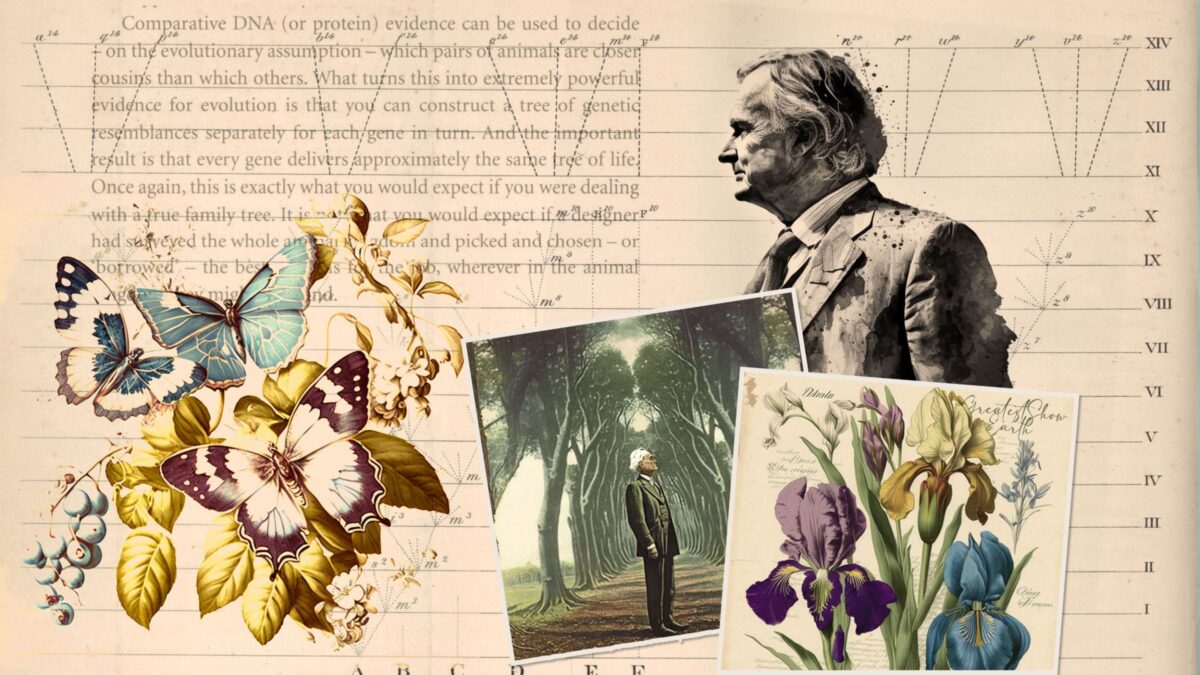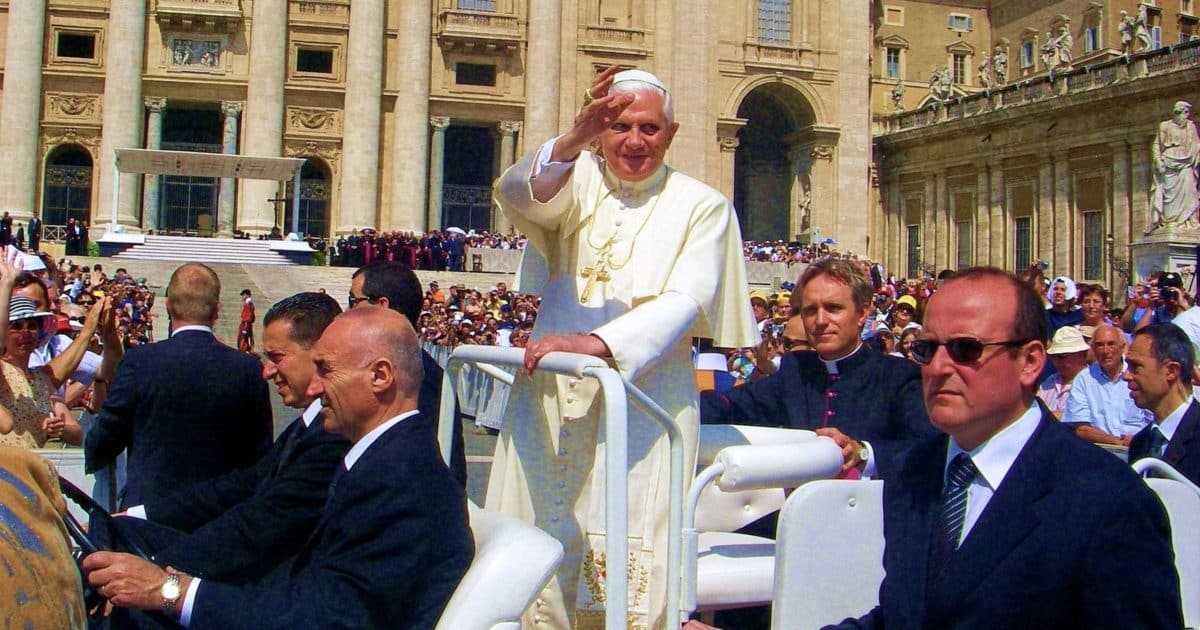
Jonathan Witt, PhD, is Executive Editor of Discovery Institute Press and a senior fellow and senior project manager with Discovery Institute’s Center for Science and Culture. His latest book is Heretic: One Scientist’s Journey from Darwin to Design (DI Press, 2018) written with Finnish bioengineer Matti Leisola. Witt also authored Intelligent Design Uncensored (IVP, 2010) with William Dembski, and A Meaningful World: How the Arts and Sciences Reveal the Genius of Nature (IVP, 2006) with Benjamin Wiker.
He is also the author of The Hobbit Party: The Vision of Freedom That Tolkien Got, and the West Forgot (Ignatius, 2014), written with Jay Richards.
Witt is also the lead writer and associate producer for Poverty, Inc., winner of the $100,000 Templeton Freedom Award and recipient of over 50 international film festival honors.
He also scripted three other documentaries that aired widely on PBS and were translated into multiple languages for airing in countries around the globe: The Privileged Planet (written with Lad Allen), The Birth of Freedom, and The Call of the Entrepreneur.
Additionally, he scripted two Acton Media DVD curricula carried by Zondervan, including Effective Stewardship, and he served as the lead writer for The PovertyCure DVD Series and the PovertyCure initiative, which includes a content-rich website, more than a million Facebook followers, and a network of 400+ poverty-fighting organizations from around the world.
Witt also has provided editing or deep editing work for several successful books, including three New York Times bestsellers.
Before returning to work full time again with Discovery Institute’s Center for Science and Culture, Witt served as the managing editor for the news and commentary site The Stream, and as a research fellow for the Acton Institute in Grand Rapids, Michigan.
Witt’s academic essays have appeared in such periodicals as Touchstone, Crisis Magazine, Philosophia Christi, The Princeton Theological Review, The Flannery O’Connor Bulletin, and Oxford’s Literature and Theology. His opinion pieces have appeared in The Seattle Times, The Kansas City Star, Science & Theology News, Breakpoint, The Stream, The American Spectator, The Imaginative Conservative and The Federalist.
Also, Witt has been interviewed by numerous regional and national radio programs, including Janet Parshall’s America, Janet Parshall’s In the Market, Hank Hanegraaff’s Bible Answer Man, Janet Mefferd of the Salem Radio Network, and Family News in Focus. He is a regular annual speaker for Discovery Institute’s summer seminar on science and culture and has spoken at universities on a range of topics connected to political and economic freedom, cultural renewal, and the arts.
Witt previously served as a tenured professor of literature and writing at Lubbock Christian University. He has a Ph.D., with honors, in English and Literary Theory from the University of Kansas.
Archives


In the Scientific Enterprise, the Wildness of Aslan Counsels Humility

Systems Biology Cracks Life’s Engineered Intricacies — A Report from CELS

How the Arts and Sciences Reveal the Genius of Nature

A Cosmos Charged With Meaning and Purpose

How Modern Science Strengthens the Claims of Theism

The Search for ET Artifacts Misses the Elephant

The Dawkins Test Returns an Answer: Intelligent Design

Evolution’s Tall Tale — The Giraffe Neck

In Pope Benedict XVI, Science Had a Friend and Neo-Darwinism a Foe

New Book Explores Darwinian Racism, Then and Now

Return of the Rafting Monkeys: Why Biogeography Is No Friend of Common Descent

Evolutionary Psychology: Checkered Past, Checkered Present

Two Recent Papers Buttress Michael Behe’s Thesis in Darwin Devolves

New Book Spotlights High Tech Animal Navigation

New Book, Animal Algorithms, Spells Fresh Trouble for Darwinism

New Animated Video Dismantles Origin-of-Life Hype

Forbidden Question: Common Descent or Common Design?

Francis Collins: A Methodological Materialist When He Feels Like It
